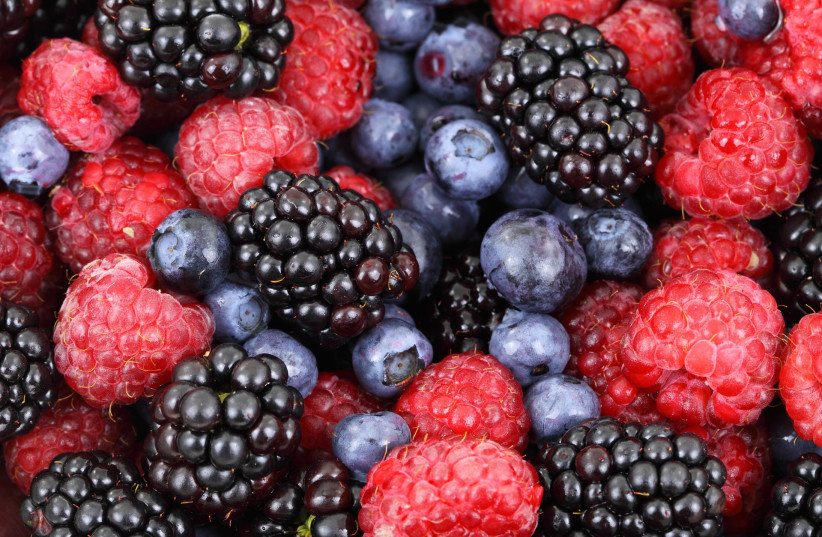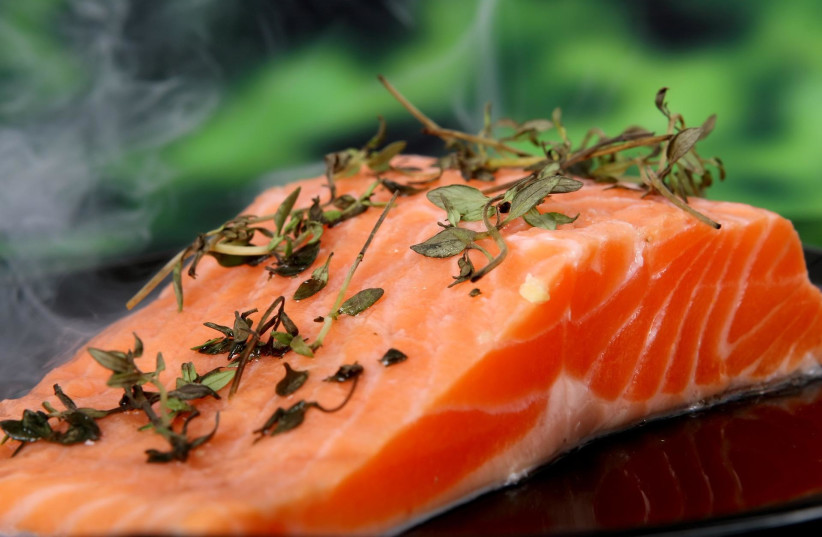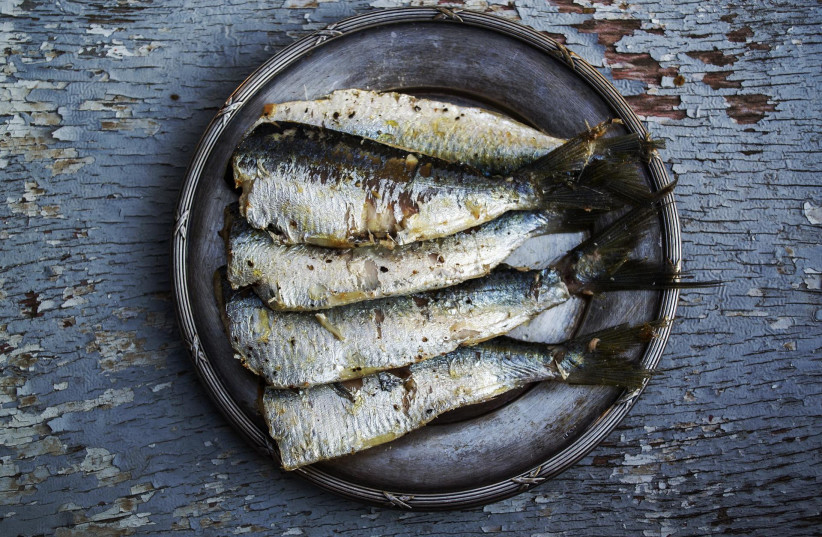Begone, lettuce! Here are some healthy, nourishing alternative foods
Dieting doesn’t work, but eating healthy foods which provide a feeling of satiety can help you maintain weight. Here are some foods you can eat a lot of and still maintain your weight.
By WALLA! Published: AUGUST 26, 2022
https://www.jpost.com/health-and-wellness/nutrition/article-715645
The golden rule with weight loss is that you need to consume fewer calories than you burn. But this doesn't mean you need to give up on good food.
Certain foods, even if eaten in relatively large quantities, contain fewer calories than others because of their energy density and may lead to weight loss. Others can make you feel fuller for longer which makes you eat less during the day.
Eating lots of protein may also help us lose weight since a high protein intake, which is necessary for those who do lots of physical activities, also helps with a feeling of satiety and helps people increase muscle mass.
Here are some foods you can enjoy eating even if you’re careful with calories.
Fish
Illustrative image of fish. (credit: PIXABAY) ( Salmon )Fish are rich in protein and omega-3 fatty acids, and low in fat so most of them are a healthy choice. Fish is also considered a very healthy source of protein since, unlike beef or chicken, they are relatively low in saturated fat and cholesterol while being rich in protein.
The levels of omega-3 depend on the diet of the fish, the source of their growth (fresh or saltwater) and the method by which they’re harvested. Another nutritional advantage of fish is that they contain the mineral iodine, which is essential for the proper functioning of the thyroid gland.
Illustrative image of sardines. (credit: PIXABAY)How much fish should I eat?
Health organizations worldwide recommend consuming two servings of fish per week (about 340 grams), as part of a balanced diet, and it’s ok to eat a little more.
Fruit - any kind
There is no great difference between apples, oranges and other fruits regarding nutrients and vitamins. So here are apples and oranges as examples.
Apples have a high satiety index, meaning they keep you fuller for longer. Apples include a type of fiber called pectin, which is beneficial for digestion in addition to other nutrients they provide. There is, though, a small difference between green and red apples.
A medium-sized Gala apple may contain about 23 grams of sugar, while a green apple has only 17 grams of sugar. This is a difference equivalent to more than a teaspoon of sugar.
Oranges are the world's most common source of vitamin C. A medium-sized orange has only 80 calories, which is a low-calorie count. It can also be used as a base for smoothies and it’s a great snack. Citrus fruits may also help maintain healthy cholesterol and blood glucose levels.
Eggs
Eating eggs is a great way to get a good dose of protein into your diet, but the recommendation is to eat only one a day. The American Heart Association now recognizes eggs as one of the healthiest foods you can eat, contrary to popular belief and despite the fact that previously they were thought to be full of bad cholesterol.
All nine essential amino acids are found in eggs, making them a complete protein supply. The high protein content of eggs (6 grams per egg) and the low caloric value (72 calories) make them a great addition to any breakfast casserole that will keep you full for most of the day.
Cottage cheese
Despite the fact that cheese is a dairy product, it doesn’t actually cause weight gain. Cottage cheese has a variety of vitamins and minerals like vitamin B, phosphorus, calcium and selenium, and can be eaten with eggs or on its own, as it also gives a long-lasting feeling of satiety.
Legumes
They may be considered a warmer and more comforting winter food, but legumes can be a complete meal or an addition to a summer salad. And the advantage? They’re very nutritious, satisfying and can replace animal protein.
Legumes are a good source of soluble fiber, which is known for a number of good health effects. They help reduce bad cholesterol, slow down digestion which provides a prolonged feeling of satiety and prevent sharp increases and decreases in sugar levels.
What does the science say?
In a study conducted by researchers from Denmark and published in the scientific journal Food and Nutrition in 2016, the researchers found that a vegetarian meal based on legumes left men fuller and caused them to consume fewer calories at their next meal as opposed to a meat meal.
Algae/Seaweed
Algae are full of fiber which helps maintain a high blood sugar level, which creates the feeling of satiety. Slowing down the digestion process also keeps you full and reduces the desire to eat unhealthy snacks between meals.
After a slow and thorough digestion process ends the body naturally develops a healthier appetite for a satisfying meal. So it turns out that algae help us in everything related to appetite, 360 degrees: they help to properly absorb the nutrients of the previous meal, keep us from unhealthy cravings for snacks, and prepare us for the next meal.
Squash
Squash is becoming increasingly popular because of the low amount of calories that it contains — about 15 per 100 grams — and it can be added to almost any dish. Squash contains a large number of minerals and vitamins as well as soluble dietary fiber. These fibers promote the feeling of satiety at meals which is important for the digestive system’s normal activity.
Berries
Strawberries and berries are rich in flavonoids - natural compounds found in plant foods, which also protect the foods that contain them. A study published in 2016 in the BMJ found that these flavonoids are the most effective component for weight loss.
Researchers that examined data from 124,000 Americans aged 27-65 found a close relationship between a diet rich in flavonoids and less weight gain. According to the study, the flavonoids with the most significant effect on weight loss are the anthocyanins, which are found in foods that are bright red in color.
THIS PAGE WAS POSTED BY SPUTNIK ONE OF THE SPUTNIKS ORBIT BLOG












No comments:
Post a Comment
Stick to the subject, NO religion, or Party politics